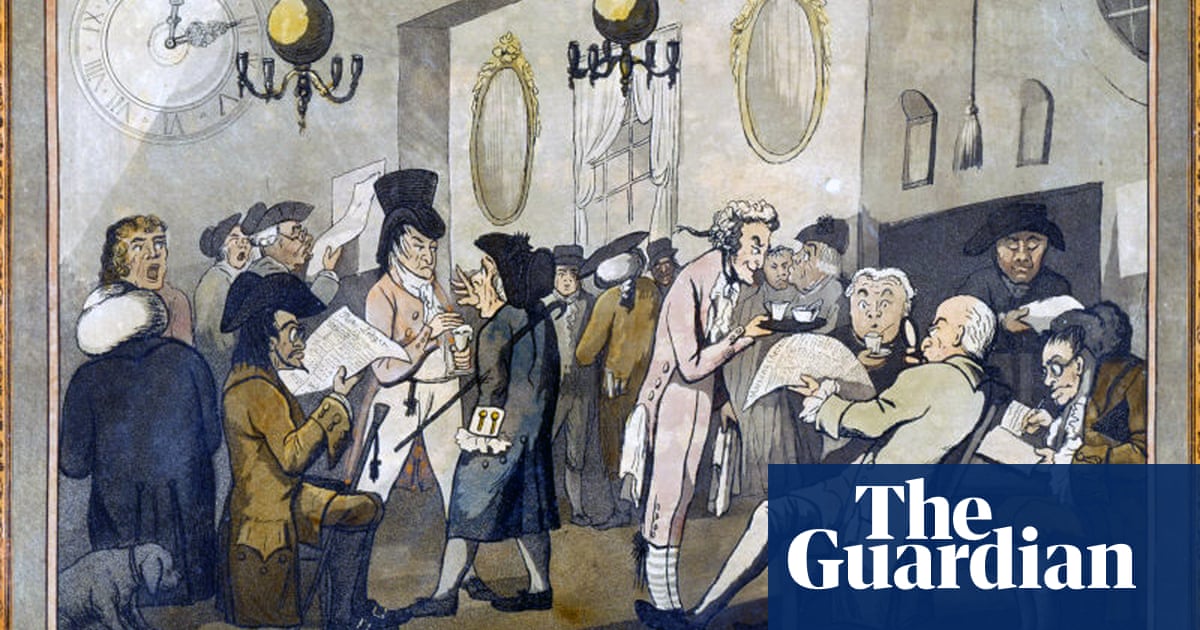Lloyd’s Register, the maritime and industrial group owned by one of Britain’s biggest charities, has apologised for its role in the trafficking of enslaved African people but has been criticised for not going far enough.
Founded in 1760 as the Society for the Registry of Shipping by merchants and underwriters who met at Edward Lloyd’s coffee house in Lombard Street in London, the company provided classification for ships.
The apology comes after Lloyd’s Register (LR) commissioned research into its links to slavery. It also highlights the connections between the maritime and insurance sectors, the businesses that served both and the transatlantic trade in people at the time, which laid the foundations for the global expansion of British financial interests.
The Wilberforce Institute at the University of Hull published the findings from its research focusing on records from 1764 to 1834.
In a statement on its website, LR said that during the period Lloyd’s Register had been engaged in recording information about vessels’ seaworthiness for the use of the trade in buying, selling and insuring them, adding: “It then sold that information on to subscribers, many of whom were actively involved in the slave economy.
“Some of our early committee members were involved in the transatlantic trafficking of enslaved African people. Notably, at least six committee members of the Society for the Registry of Shipping from 1764 were identified as enslavers, while another six were involved in the trafficking of enslaved Africans.
“What is clear from this initial research is that, from our founding in 1760 until the UK’s Slavery Abolition Act in 1833, we played an important role supporting a maritime system that enabled the slave economy.
“We are deeply sorry for this part of our history. Acknowledging this legacy is important for our organisation, the descendants of those affected and those who still live with the consequences of this trafficking, and society as a whole.”
LR said it has made a £1m grant to the National Archives to launch a project to catalogue and share archived materials and support scholarship in the Caribbean and west Africa “for the development of new narratives” on the history of enslavement.
It has also pledged to support the International Slavery Museum in Liverpool in a project enabling descendant communities to research their histories.
LR is owned by one of the UK’s largest charities, the Lloyd’s Register Foundation, which had an income of £560m in 2023.
Laurence Westgaph, of Liverpool Black History Research Group, said £1m was a “pittance” in light of profits generated by exploitation, and questioned why the research only looked at records up to 1834 when the British maritime sector continued to benefit from the plantation economy in the US and Brazil long after slavery was abolished in the UK.
In a statement, LR said: “Whilst the original scope of our research took us up until the abolition of slavery in the British empire in 1834, we know that slavery went beyond this date and recognise that there is much more work for us to do.”
On its site, the company described Britain as a “major participant in the transatlantic trafficking of enslaved African people”, with British ships “forcibly taking and transporting about 3.4 million people, 800,000 of whom died in transit” in more than 10,000 voyages.
LR is unaffiliated to insurers Lloyd’s of London, which apologised for its role in enslavement in 2020, although it emerged from the same coffee house on Lombard Street in London.










